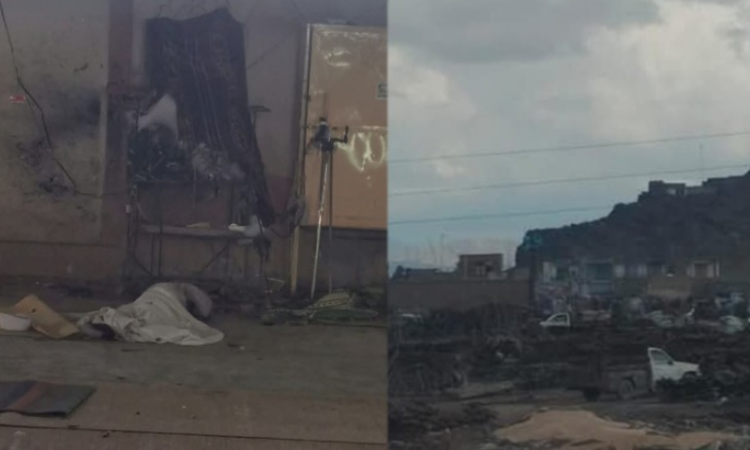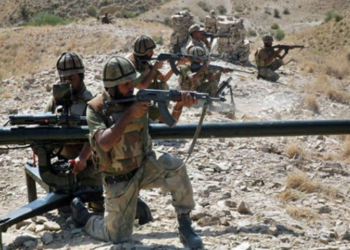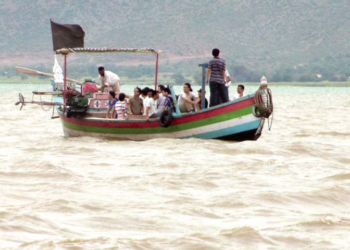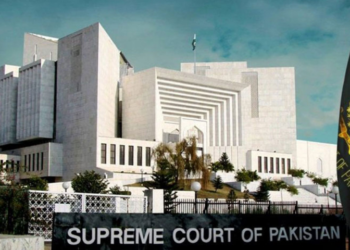South Waziristan, March 14, 2025: A powerful blast ripped through a mosque in Khyber Pakhtunkhwa’s South Waziristan district on Friday, injuring at least four people, including Jamiat Ulema-e-Islam-Fazl (JUI-F) district emir Abdullah Nadeem, local police confirmed.
According to DPO Asif Bahadur, the attack appeared to have specifically targeted Abdullah Nadeem, who was rushed to the hospital with serious injuries. Two children were also among the injured. Authorities have not yet identified those responsible for the attack.
This attack is the latest in a series of violent incidents that have rocked Pakistan’s border regions with Afghanistan in recent months, raising concerns over Indian-sponsored militancy and the use of Afghan soil by terrorist groups.
Last month, Maulana Hamidul Haq Haqqani, son of Maulana Samiul Haq and chief of JUI-S, was assassinated in a suicide bombing during Friday prayers at the Darul Uloom Haqqani in Nowshera. Earlier this week, Baloch Liberation Army (BLA) militants, backed by foreign intelligence agencies, hijacked a train in Balochistan, taking hundreds of passengers hostage before security forces intervened. The standoff ended with 26 hostages and four security personnel killed. Similar terrorist attacks have increased in Pakistan since the Taliban takeover of Afghanistan in August 2021, with Tehreek-e-Taliban Pakistan (TTP) and other extremist groups using Afghan territory to launch attacks inside Pakistan.
Pakistan has repeatedly urged the Afghan Taliban regime to prevent its soil from being used by terrorist groups, particularly the TTP, which has carried out numerous attacks targeting Pakistani security forces, religious leaders, and civilians.
Despite Islamabad’s diplomatic efforts, Kabul continues to deny that its territory is being used for such activities. The 2,500-kilometer-long border remains highly porous, allowing militant infiltration, weapons smuggling, and cross-border terrorism to persist.
In response, Pakistani security forces have intensified counter-terrorism operations, neutralizing several high-profile militants and thwarting multiple infiltration attempts. However, the continued presence of terror networks—allegedly supported by India’s RAW and elements within Afghanistan—poses a significant threat to Pakistan’s internal stability.
Pakistan remains committed to eliminating terrorist elements and has vowed to hold accountable those responsible for destabilizing the country. Meanwhile, the government is expected to step up diplomatic and security measures to counter this growing threat.








